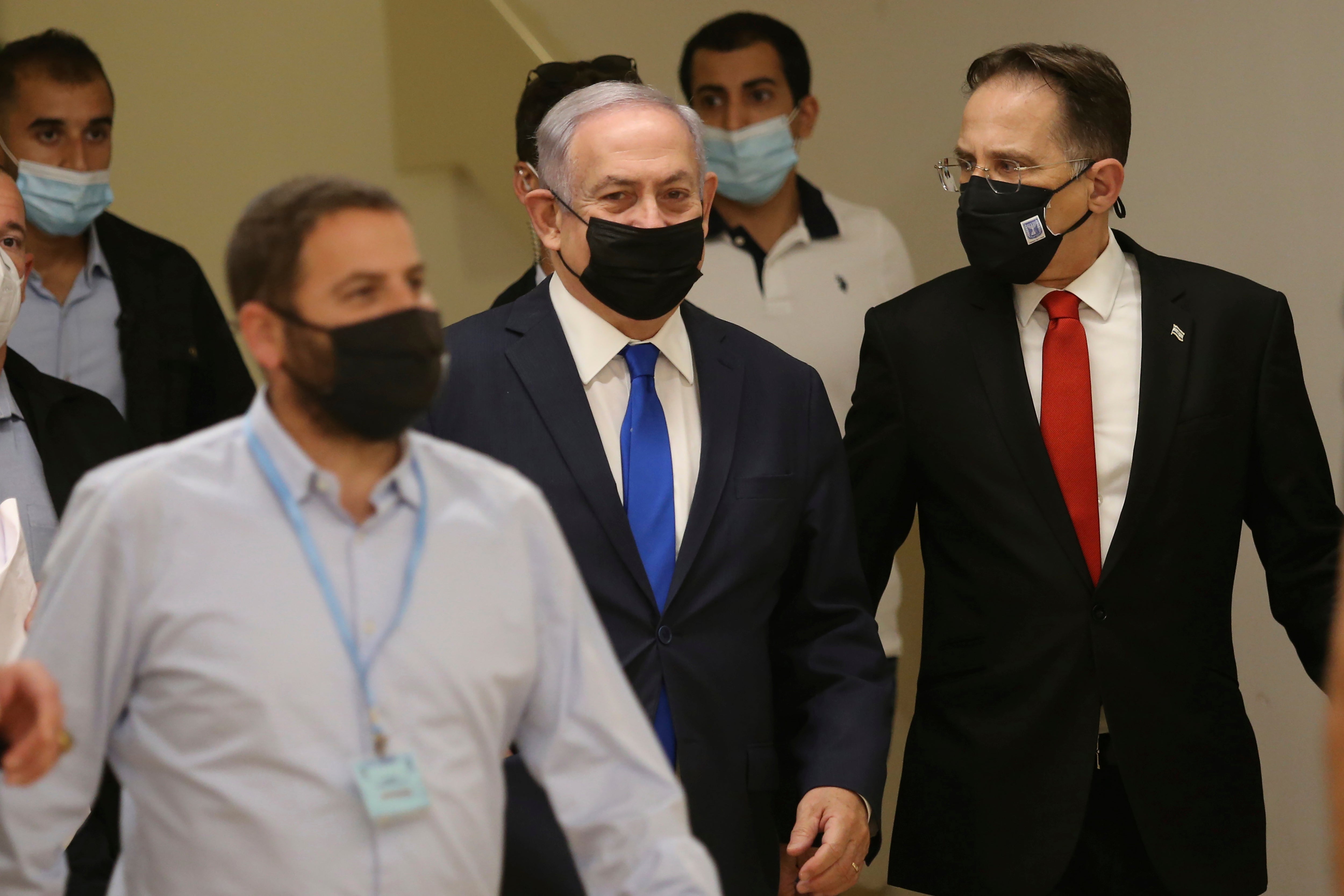Israel eases some lockdown measures as virus cases decline
Israel has decided to relax some of the restrictions imposed during a monthlong nationwide lockdown to drive down a raging coronavirus outbreak

Your support helps us to tell the story
From reproductive rights to climate change to Big Tech, The Independent is on the ground when the story is developing. Whether it's investigating the financials of Elon Musk's pro-Trump PAC or producing our latest documentary, 'The A Word', which shines a light on the American women fighting for reproductive rights, we know how important it is to parse out the facts from the messaging.
At such a critical moment in US history, we need reporters on the ground. Your donation allows us to keep sending journalists to speak to both sides of the story.
The Independent is trusted by Americans across the entire political spectrum. And unlike many other quality news outlets, we choose not to lock Americans out of our reporting and analysis with paywalls. We believe quality journalism should be available to everyone, paid for by those who can afford it.
Your support makes all the difference.Israel decided on Thursday to relax some of the restrictions imposed during a monthlong nationwide lockdown that was meant to drive down a raging coronavirus outbreak.
The country s coronavirus Cabinet voted to resume daycare and pre-school for children up to six years old, allow some businesses — those without walk-in customers — to reopen, and cancel a 1,000 meter (yard) restriction on movement. Those limits are set to be lifted on Sunday.
Israel imposed a second nationwide lockdown on Sept. 18 as the country was seeing surging case numbers, shutting down schools, restaurants and hotels, among other businesses, and at the time it had one of the world’s worst outbreaks, measured for its population of 9 million people. The lockdown pushed infections down from highs of 9,000 new virus cases a day to around 2,000 new infections.
The worst outbreaks have been in areas populated by ultra-Orthodox Jews, who tend to live in crowded communities and have large families, settings that can precipitate infection. But segments of the ultra-Orthodox community have also flouted the lockdown rules, packing synagogues and holding mass gatherings during the recent Jewish High Holidays, deepening a longstanding rift with the country’s secular population, which saw the behavior as reckless and a danger to public health.
Going forward, the government is expected to pursue targeted lockdowns in certain areas, mostly in ultra-Orthodox communities. But the constituents' political leaders, key partners in Prime Minister Benjamin Netanyahu s coalition government, are likely to push back on the measures.
Thursday’s lifting of restrictions is the first step in what is expected to be a drawn out, weekslong easing of the strict lockdown — a stark contrast to the rapid reopening Israel undertook after its first lockdown in the spring.
Israel was lauded in the spring for taking decisive action to stem its first wave, even though its economy was hard-hit by the lockdown and unemployment skyrocketed. But after a hasty reopening and what has been criticized as government mismanagement of the crisis, its outbreak soared to new heights.
Netanyahu's popularity has plummeted over his handling of the crisis and large protests against his rule have been taking place for weeks, with demonstrators calling for his resignation.
Israel has recorded more than 253,000 infections since the start of the pandemic, with more than 2,100 deaths.